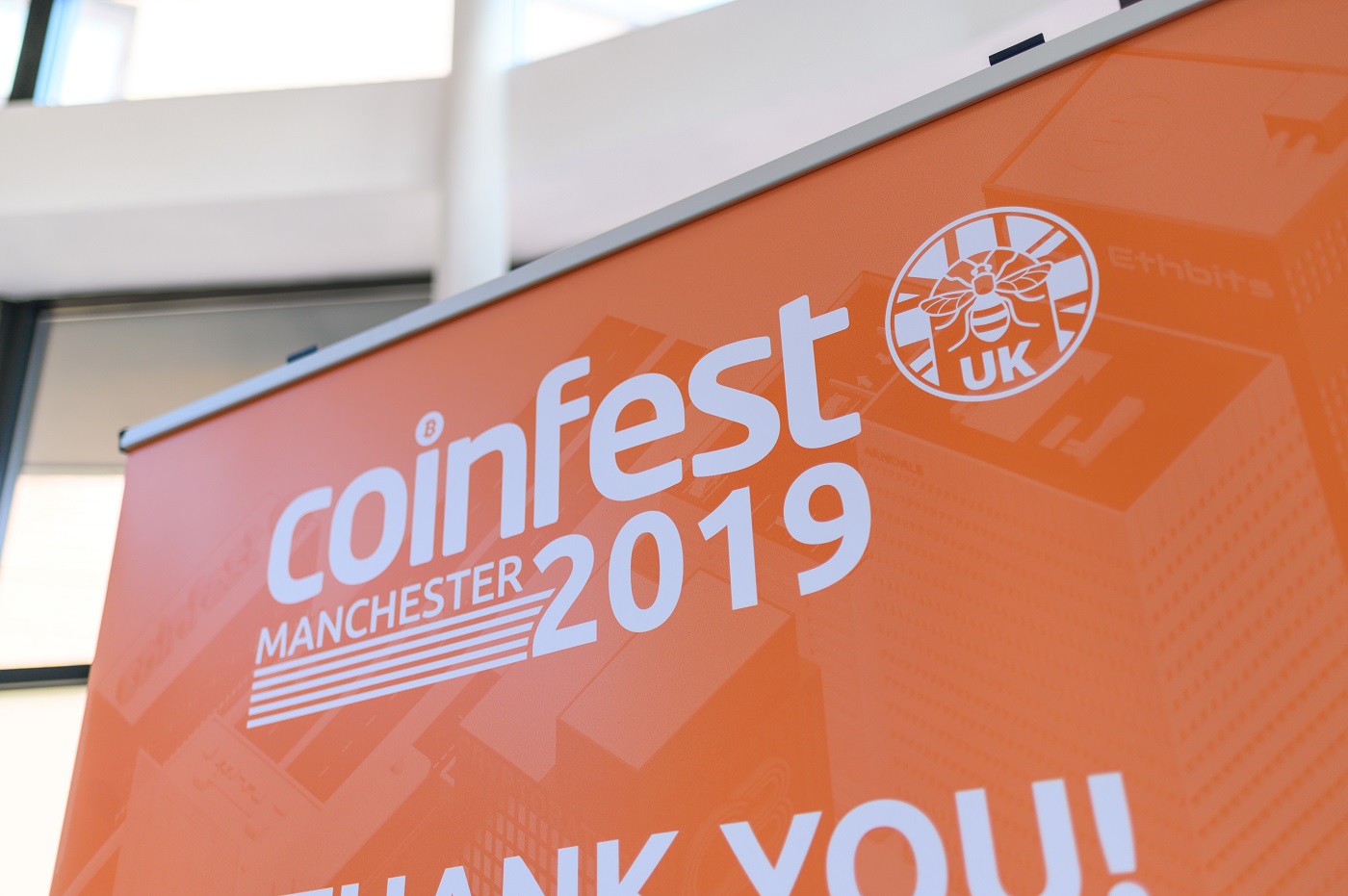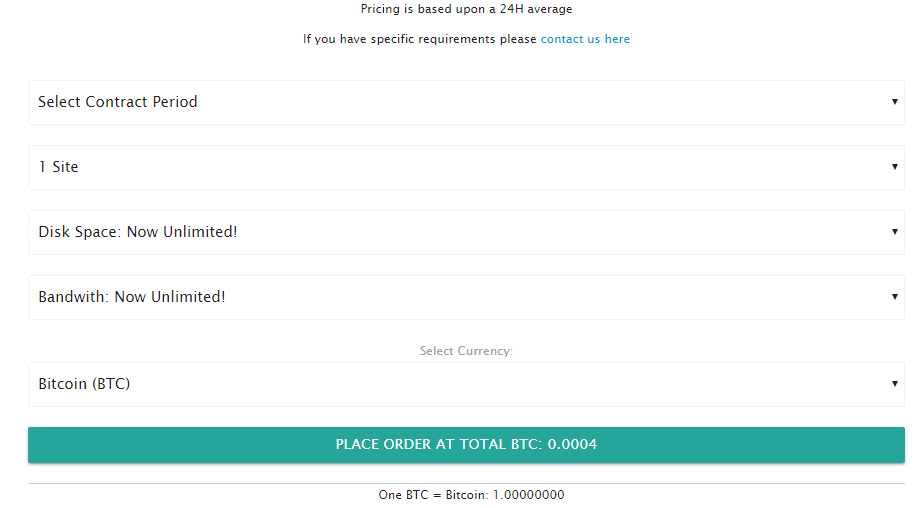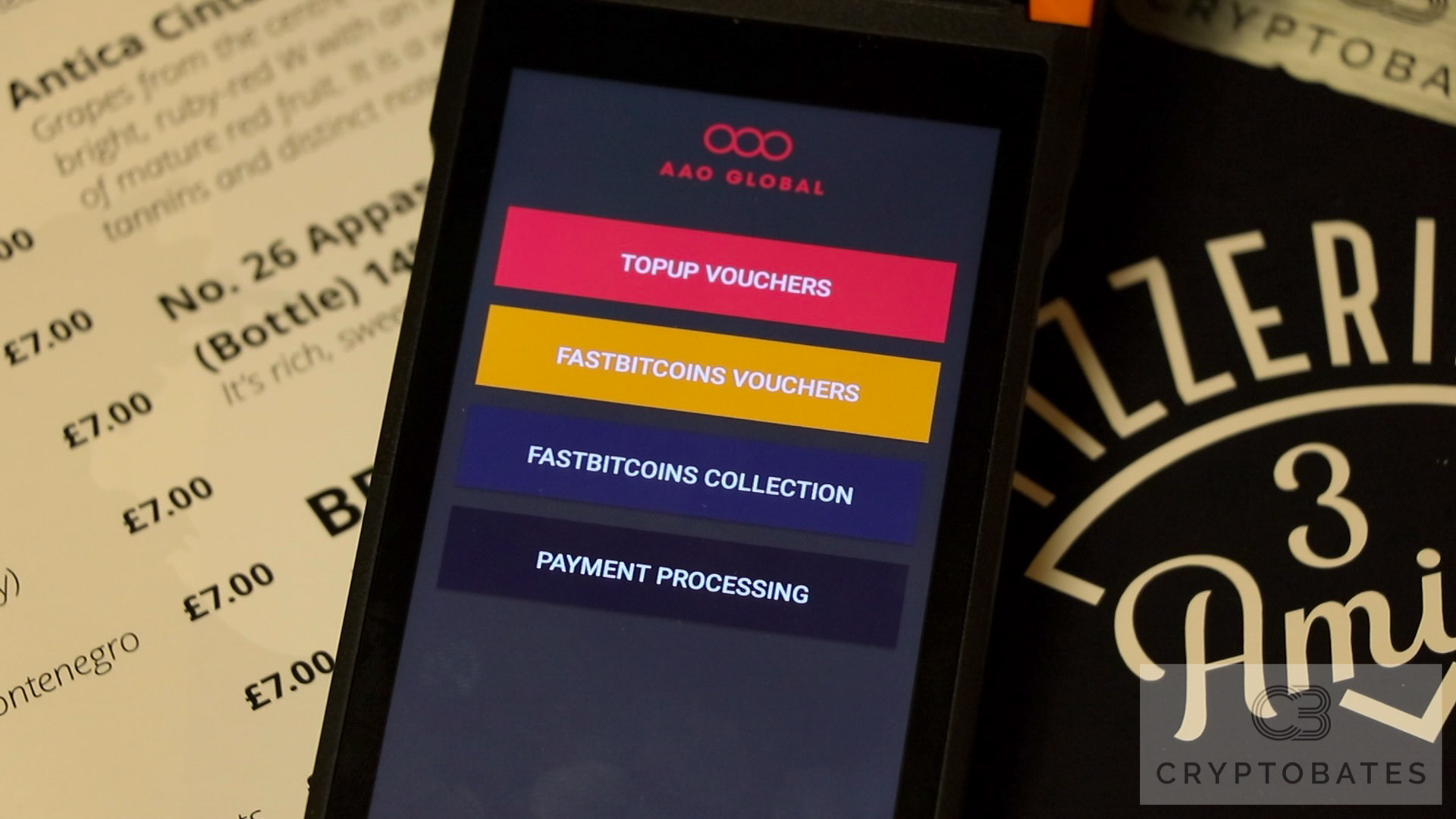
A new report published today (28 June 2023) by The Law Commission of England and Wales has recommended a variety of law reforms to better integrate and deal with digital assets (like cryptocurrencies, tokens and NFTs to name a few), to promote certainty, and boost the UK’s position as a global leader for the crypto industry.
Following a consultation which closed on 4 November 2022, the final Report on Digital Assets considers the current position at law for digital assets, given the fast paced and usually non-uniform rights certain digital assets carry. The report has made a number of recommendations for reform:
- The creation of new category of personal property (i.e. not a thing is possession like a car nor in action like a contractual right), to be introduced via legislation. Importantly the definition is to be determined by common law, considered the best and most flexible method for determining what might fall into this category on a case by case basis, and is defined negatively, i.e. that “a thing will not be deprived of legal status as an object of personal property rights merely by reason of the fact that it is neither a thing in action nor a thing in possession”. Similarly, the indica (as opposed to a criteria as proposed in the Consultation) for the existence of this right includes where that property (i) usually, but not always, is composed of data (ii) exists independently of persons and the legal system and (iii) is rivalrous.
- The formation of a panel of technical experts, legal practitioners, judges, academics and industry experts, to provide the judiciary and Courts with a broad, non-binding guide to complex definitions and concepts, to create a uniform basis for understanding and applying laws concerning digital assets.
- The creation of a clear legal framework that deals with the lifecycle of collateral arrangements for digital assets.
- Clarification as to whether certain digital assets fall under the remit of the Financial Collateral Arrangements (No 2) Regulations 2003.
Commenting on The Law Commission’s decision to treat matters of digital asset property through common law, Matt Green, blockchain litigation expert and Co-head of the Blockchain & Digital Assets Group at Shoosmiths, and who led on the seminal case of AA v Persons Unknown referred to below said:
“The Law Commission has confirmed that common law as a vehicle must continue to determine the interplay of digital assets at law. With the case of AA v Persons Unknown & Ors, Re Bitcoin [2019] EWHC 3556 (Comm) (13 December 2019) confirming crypto assets like Bitcoin as property (see paragraph 61 of the judgment, and as recently confirmed at the Court of Appeal level in Tulip Trading Limited (A Seychelles Company) v Bitcoin Association For BSV & Ors [2023] EWCA Civ 83 (03 February 2023) at paragraph 24), common law has directly influenced how digital assets are treated at law, and the Law Commission appears to be satisfied with the trajectory of jurisprudence on the topic.
"The Commission’s approach offers the courts flexibility in determining what might fall into this third category by providing general guidance that there may be instances where personal property rights can exist, from digital assets, to quotas or carbon emission allowances. We note that so long as Recommendation 2 is clear, uniform and regularly revised, then common law is a favourable, flexible and future proofing method for determining what may or may not be property.”
Praising the decision to implement more guidance around definitions and concepts for law makers, Matt added: “This is a much-needed initiative. A clear, regularly revised document to assist the courts will prove extremely useful in assisting the judiciary and industry as a whole, particularly in ensuring that the parties are familiar with complex concepts and that those concepts are uniformly presented and applied.”
“Although judges have sought to apply the law consistently in a fast-paced environment, key concepts which can influence a judge’s decision have been presented (or at least appear to be understood) as different from the facts in certain instances. For example, judges have remarked that Bitcoin is not traceable by its nature (the opposite is true) or have stated that certain crypto currency exchanges are banks, likely because these are concepts familiar to the judiciary.”
“In our view, the panel must have a clear mandate and provide non prejudicial/self-serving information to uphold the integrity of the industry and ensure matters relating to digital assets can be dealt with properly.”
Observing the financial implications of the proposed reforms, Sam Tyfield, RegTech expert and fellow Co-head of the Blockchain & Digital Assets Group at Shoosmiths, commented: “The recommendation for a legal framework around collateral arrangements for digital assets will have far-reaching consequences in financial markets. Currently, firms like The Netherlands’ Deribit are able to operate outside the regulatory permitter as the options traded on its platform are not settled in fiat currency. This would reshape the entire regulatory landscape.”
“Further recommendations will have similarly far-reaching impacts, as the market will need to consider how to “tie” the “digital representation” of the underlying asset to the underlying asset itself. Work is being undertaken in this area already (e.g. the Flint Review).”
“In my view, there remains work to do from a technological perspective to ensure that the conclusions made around offchain transfers can be effective. For example, the transfer of digital assets currently needs an onchain transfer which can be at risk of ledger admins (or miners) going back six or eight blocks (or more) to reverse transactions. In order to provide legal certainty of transfer, one needs a “guarantor” of the transaction to sit in the middle of it.”
“With regards to ‘good faith purchasers’, I think this is an excellent idea given there is more explanation around what a good faith purchaser would receive or how they would be able to defend the purchase and its value.”
“Ideas around establishing positive steps towards the Trade Finance rules on client assets/money versus title transfer are very welcome. The missing piece, however, is how that “trust” is achieved and for what benefit if it is not possible to differentiate ownership on whose tokens are whose.”
“During a recent working group, a participant said, “we can either have perfect in 5 years or we can have good enough now”. In light of conversations around the need for reform, now is the time to decide what the UK wants. For example, there are multiple workstreams, consultations and recommendations in play regarding digital assets currently: the Flint Review (of the benefits of tokenised securities) and the proposed Bank of England digital FMI Sandbox, for example. Another is the HMRC work on tax treatment of repo transactions of digital assets. HMRC is looking to treat tokens as remaining in the hands of the lender for tax purposes. Under the Law Commissions’ proposals, where, during the course of the repo transaction, the lender would be treated as the owner by HMRC but no longer the owner under law, this may create unintended anomalies.”
For more information, read the full report here.







